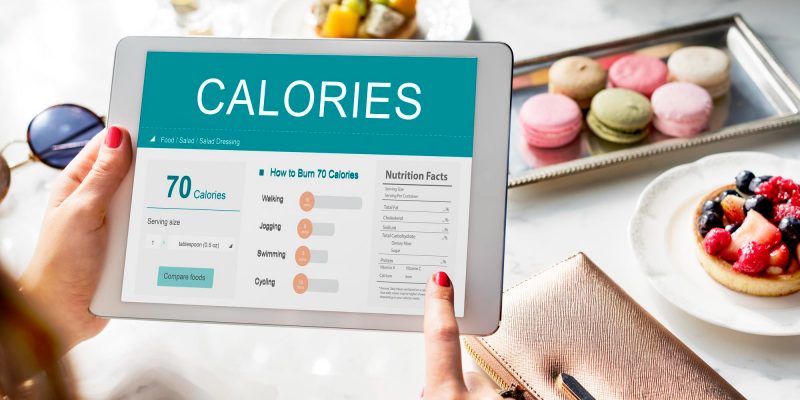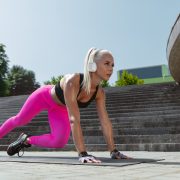While individual concerns can vary widely, there are some common health concerns among women over 50. Being a 58-year-old fitness trainer myself, I work with women on these concerns every day!
These are the top five concerns for women over 50, along with advice on how to help.
Photo Credit: Depositphotos
As women age, they are at an increased risk of osteoporosis and fractures due to bone density loss.
Solution: Weight-bearing exercises, resistance training, and activities like walking and dancing can help maintain bone density. Adequate calcium and vitamin D intake are also crucial!
You can ask your healthcare provider whether calcium and/or vitamin D supplements may benefit your specific needs.
Photo Credit: Shutterstock
Many women over 50 find it harder to maintain a healthy weight and struggle with a slowing metabolism.
Solution: Regular exercise, including both aerobic activities (like walking or swimming) and strength training, can boost metabolism and maintain muscle mass.
Moreover, eating habits play an important role in maintaining a healthy metabolism. Eating small meals more frequently throughout the day can help speed up your metabolism after 50 and keep it running at its optimal level.
It’s important to eat balanced meals that include lean proteins, complex carbohydrates, and healthy fats. Avoid processed foods high in sugar and saturated fat, as these can slow down your metabolism over time.
Photo Credit: Shutterstock
Heart disease risk increases with age, making cardiovascular health a significant concern.
Solution: Engage in aerobic exercises regularly to keep the heart healthy. This could include activities like jogging, cycling, or even brisk walking.
Additionally, managing stress through practices like yoga or meditation can also support heart health.
Photo Credit: Shutterstock
Joint pain and arthritis become more common, limiting mobility and affecting the overall quality of life.
Solution: Low-impact exercises such as swimming and water aerobics can help reduce joint stress.
Strength training to support the muscles around the joints can also alleviate pain. Maintaining a healthy weight is crucial, as it reduces the load on joints.
Decreasing inflammation is also important! Researchers have identified that many foods found in the Mediterranean diet can help combat inflammation, which is a major cause of arthritis-related joint pain.
Staples of the Mediterranean diet include fish like salmon, tuna, and sardines; antioxidant-rich fruits and veggies like berries, spinach, and kale; and monounsaturated fat sources like almonds, avocados, and olive oil.
Photo Credit: Shutterstock
Mental health issues and cognitive decline, including memory loss and dementia, are concerns for many aging women.
Solution: Regular physical activity is linked to improved mood and cognitive function. Engage in activities that challenge the brain, such as puzzles or learning new skills. Prioritize social connections and consider practices like mindfulness meditation, which can support overall mental well-being.
Remember, it’s always best for individuals to consult with healthcare providers, including fitness experts or trainers, to create personalized plans that address these concerns based on their specific health needs and goals.
Photo Credit: Shutterstock
If you’ve wanted to begin yoga but don’t know where to start, have no fear! This yoga for beginners guide has everything you need to succeed.
Learn the different types and benefits of yoga, as well as guidance on how to get started and choose the practice that works best for you!
Yoga For Beginners | A Complete Guide To Get Started
Photo Credit: Shutterstock
Are you wondering how many steps a day you need to lose weight?
When it comes to your daily step count, speed, intensity, and consistency actually matter more than just the total number if you’re serious about weight loss!
Here, we’ll explore how many steps a day are best for your weight loss goals.
How Many Steps Do You Really Need A Day To Lose Weight?
Photo Credit: Shutterstock
Menopause—typically diagnosed after you’ve gone 12 months without a period—can occur in your 40s or 50s, but the average age is 51 for women in the United States.
For many women, menopausal weight gain is a real issue. The silver lining? It’s normal! But with the right diet, lifestyle, and menopause supplements, it doesn’t have to be.










Comments